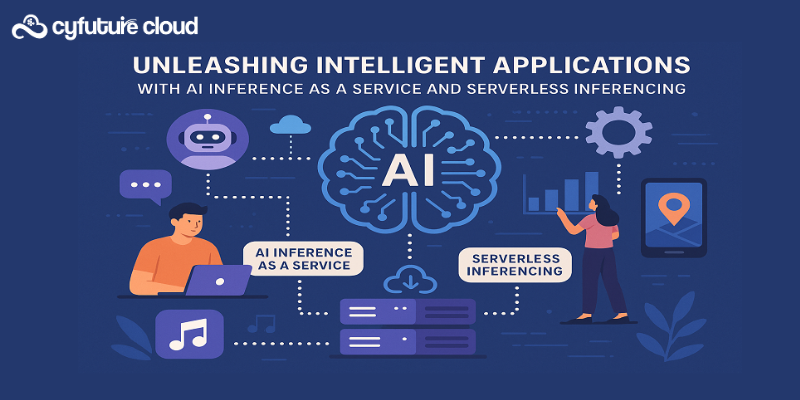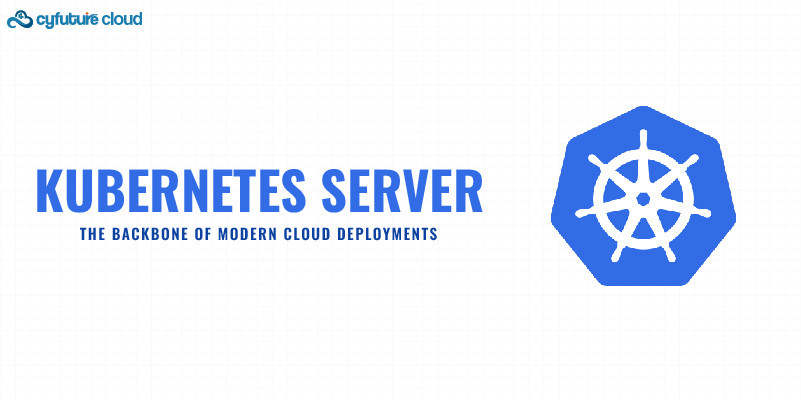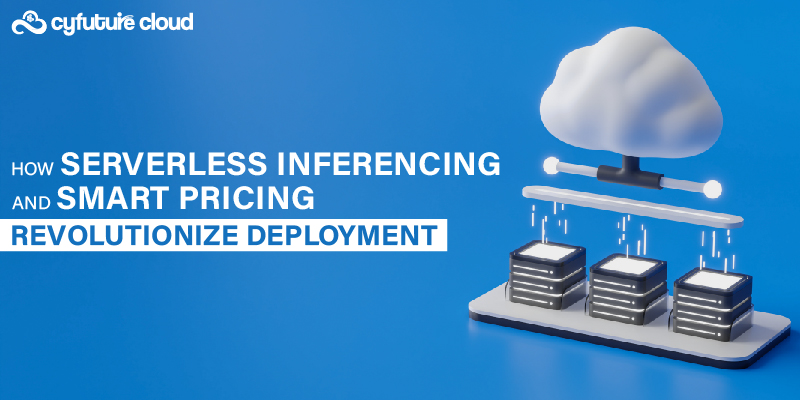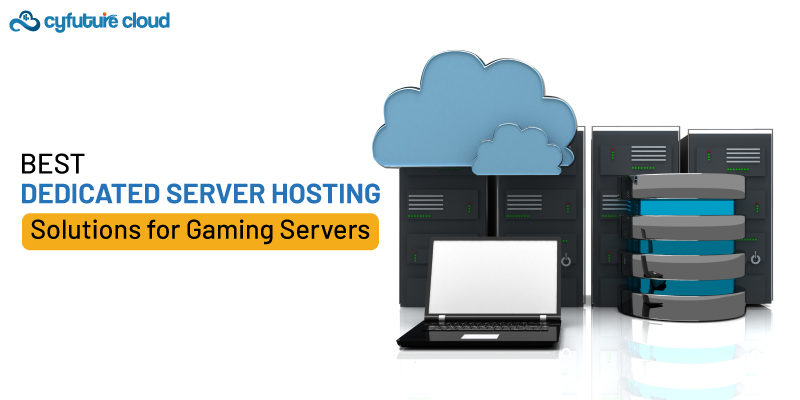Table of Contents
In the ever-evolving IT landscape, businesses are constantly seeking innovative ways to enhance their infrastructure and reduce costs. Amid rising IT budgets—spurred by data protection needs and the proliferation of IoT devices—companies are exploring efficient solutions to manage their expenditures.
A standout technology gaining traction is containerization. The benefits of containerization are akin to the transformation brought about by shipping containers in logistics: standardized, efficient, and cost-effective.
Containers encapsulate applications with their dependencies and runtime components, streamlining deployment and operation. Unlike traditional virtual machines (VMs) that consume substantial system resources, containers are lightweight, leading to better resource utilization. The benefits of containers include the ability to isolate applications from environmental discrepancies such as SSL, operating systems, and network configurations, which often cause system incompatibilities and crashes.
As a result, the advantages of using containers extend beyond mere cost savings, offering improved stability, scalability, and operational efficiency.
This blog will delve into why use containers, exploring their numerous benefits and how they can revolutionize IT infrastructure.
Let’s get started!
What are Containers?
Containerization involves using virtualization technology to create isolated environments, known as containers, designed to run specific software applications or processes. All essential parts, such as libraries, executables, configuration files, and binary code are included in these containers.
Unlike traditional server or machine virtualization techniques, which require a full operating system image for each virtual machine, containers share a common kernel, allowing for greater efficiency and flexibility in deploying and managing applications.
Due to this streamlined methodology, containers are substantially smaller and more portable than conventional virtual machines. This makes them ideal for larger application deployments, where multiple containers can be combined into a cluster. Organizations may utilize container orchestrators like Kubernetes, which facilitate the automated deployment, scaling, and management of containerized applications, to manage these clusters.
Benefits of Using Containers For Your Application Deployment
Most major corporations, including Google and Amazon, offer container software. The following are some benefits of employing container technology:
1. Platform Independent
The apps’ platform independence is the main benefit of containerization. Everything an application requires will already be in a container. It will include several configuration files and dependencies. All because of containers you can use your machines to run your applications in whatever machine you wish. Applications can be run locally on a computer, virtually, or physically on a server.
Applications can be operated on private or public clouds by cloud users. With the help of containers organizations get a lot of flexibility. Using containers can help you complete the development process more quickly. It is simple to switch between different cloud service providers. Additionally, you don’t have to bother changing your operating system.
2. Efficient
No separate operating system is required to run your applications. Containers will consequently consume fewer resources. VMs may heavily utilize your computer’s resources. More than 1 GB of hard disc space is required to run your virtual computer.
On the other hand, executing your containerized program requires a few megabytes. Consequently, several containers can operate on a single system. Additionally, containers have a high utilization rate. Containers are, therefore, more effective. Thanks to it, you can streamline and cut down on the price of regulatory compliance.
3. Effective resource sharing
On a single server, numerous containers can run. As a result, they share the same resource base. However, these programs will never speak to one another. Your other applications will continue to function even if one of them crashes. They won’t experience any technological problems.
Additionally, it will assist you in lowering security threats. By breaking into any app, hackers can access your entire network. However, if you employ containerization, hackers cannot connect to your network using compromised programs. As a result, it won’t affect any other programs.
4. Speed
Compared to virtual machines (VMs), containers are smaller. They may be launched in only a few seconds. You must first boot an operating system if you’re using a VM. Additionally, you must configure several things before running your VM. In a matter of seconds, containers can be destroyed or made new.
Additionally, you can quickly replicate programs. Your developers will be able to work more productively as a result. Additionally, it will assist you in enhancing the consumer experience. Your programmers can respond swiftly. They will be able to fix bugs thanks to this quickly.
5. Reproducibility
If you use containers, your application file systems won’t alter during the development phase. Configuration management will be replaced by version control. You may manage the many versions of your applications with this.
Your developers will be able to work more swiftly as a result. Your applications’ flexibility and effectiveness will also enhance as a result. Your IT staff does not need to install virtual machines (VMs) for application testing. They don’t have to debug your application independently for each platform.
6. Easy to operate
For testing your applications using standard virtualization, you need a variety of VMs. The system resources used by these VMs are considerable. You don’t have to bother installing an OS using container technology. It will separate your operating system and your application.
As a result, you can execute your programs on standard systems. Your developers can swiftly apply security upgrades and patches. Additionally, it will boost your developers’ output.
7. Improved productivity
The use of container technology offers several advantages. Your program can operate on any platform thanks to a container. There is no requirement that you write unique code for every platform. By doing this, any environmental discrepancy will be eliminated. Debugging and testing will be significantly simpler as a result. Applications don’t need to be tested and bugged for hours by your developers. Simply testing the program on their local machine will do.
They can furthermore update your programs. Containers can be destroyed and new ones made in a split second. As a result, you can save a lot of time. Version control is one of the functionalities provided by tools like Docker. You’ll be able to release fresh updates as a result.
Key benefits of using application containers:
| Benefits | Description |
|---|---|
| Portability | Applications packaged in containers are easily movable across different environments, ensuring consistent behavior and reducing dependencies. |
| Scalability | Containers enable effortless scaling by replicating or adding instances, adapting to varying workload demands without affecting performance. |
| Rapid Deployment | Swift deployment of applications with containers, reducing downtime and facilitating quick updates or rollbacks, enhancing agility. |
| Resource Efficiency | Optimized resource utilization due to containerized applications sharing the same OS kernel, maximizing server efficiency and reducing overhead. |
| Isolation | Enhanced security and isolation between applications, preventing conflicts and providing a sandboxed environment for each container. |
| Consistency | Ensures consistent performance and behavior across diverse environments, simplifying development, testing, and deployment processes. |
Why Use Container Deployment:
-
Consistency across Environments: Containers package applications and all their dependencies, ensuring consistency across different environments, such as development, testing, and production. This consistency minimizes the “it works on my machine” problem often encountered in software development.
-
Isolation and Portability: Containers encapsulate applications and their dependencies, creating a self-contained environment. This isolation ensures that applications run uniformly across various infrastructures, from local machines to cloud environments. It also enables easy movement of applications between different hosting platforms without modification.
-
Resource Efficiency: Containers share the host system’s OS kernel, consuming fewer resources compared to virtual machines (VMs). This efficiency allows for more containers to run on a single host, optimizing resource utilization.
-
Rapid Development and Deployment: Containers facilitate agile and DevOps practices by providing a consistent environment for development, testing, and deployment. They enable faster application development, continuous integration, and continuous deployment (CI/CD) pipelines, allowing for quicker iterations and updates.
-
Scalability and Orchestration: Container orchestration tools like Kubernetes, Docker Swarm, and others help automate container deployment, scaling, and management. They provide features like auto-scaling, load balancing, and self-healing, making it easier to manage large-scale deployments.
-
Microservices Architecture: Containers align well with a microservices architecture, where applications are built as a collection of loosely coupled services. Each service can be containerized, enabling easier management, scaling, and updates without affecting the entire application.
-
Version Control and Rollbacks: Containers can be version-controlled, allowing teams to track changes and easily roll back to previous versions if issues arise. This feature enhances deployment safety and reliability.
-
Security: Containers offer isolation and encapsulation, reducing the impact of potential security vulnerabilities. Additionally, container security practices like image scanning, access control, and runtime monitoring can further enhance overall system security.
Conclusion
The majority of businesses are switching to container technology. It enables the developer to concentrate on more crucial duties. They are not required to test your applications in a different setting. In only a few seconds, containers can be added or removed. This will allow you to save some of your important time.
Your developers can concentrate on creating more cutting-edge products. Contact the vendor of container solutions if you want additional details about container technology.
Recent Post
Send this to a friend

 Server Colocation
Server Colocation CDN Network
CDN Network Linux Cloud Hosting
Linux Cloud Hosting Kubernetes
Kubernetes Pricing Calculator
Pricing Calculator
 Power
Power
 Utilities
Utilities VMware Private Cloud
VMware Private Cloud VMware on AWS
VMware on AWS VMware on Azure
VMware on Azure Service Level Agreement
Service Level Agreement 



















